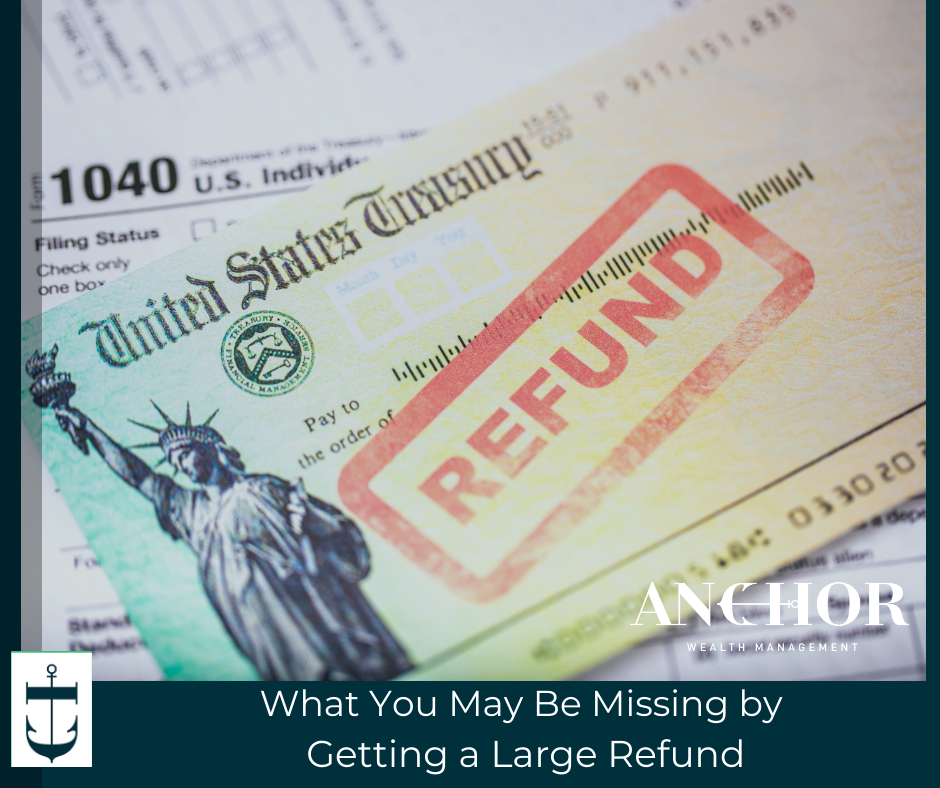
You can always tell when it’s tax season. For me, it’s the notable change in advertising messages that go out. Retailers begin asking consumers to consider making a large purchase using the large sum of money they just came into. Receiving a large refund is celebrated as if it’s a holiday event and retailers are more than willing to help consumers celebrate by taking their tax refund money.
I love a good holiday celebration, and I’m certainly a fan of people receiving the money that belongs to them, but this message always bothers me because I know the challenges that can be created when someone treats their tax refund like a bonus and uses it to reward themselves accordingly.
Tax returns are not bonus money, they are the money you earned. It’s money that belongs to you and you are just delaying receiving it based on who you are filing. In an ideal situation, your claims status is set such that you don’t receive any money back during taxes and you don’t owe any money in taxes either. The goal is zero.
The biggest problem with receiving a large tax refund is the opportunity costs it creates. For example, if you receive a $3,600 refund that equates to $300 a month that you could have received and used in your monthly budget. When you claim zero on your forms, the money is withheld, and you won’t see it for a while. Think of it this way, the additional $300 you could have had in your January paycheck won’t be returned to you until May of the following year! How many times will you say “if only I had a little extra cash” over the course of that 15 months? How could things change for your if you had used that additional money in your paycheck to attack debt each month? An additional $300 a month can go a long way to eliminating any debt and moving you toward your financial goals. If you are through the initial baby steps and have debts paid off, what if instead that additional money went into a high-yield savings account and accumulated a return of 3.3% over the course of 15 months instead of sitting in the hands of the government? Even better, what if that additional money was going towards a goal of saving 15% of your income towards retirement each month?
Use your money to work towards long-term goals as opposed to short-term rewards. If you are receiving a tax refund of more than $2,000 this year something may be off in your filing status. Finding the right number is a test-and-measure game. If you are currently claiming zero, try moving up to 1 and see how that adjusts your paycheck. If you are unable to adjust to avoid a lump sum return, focus on discipline with the lump sum. Make sure the money is going towards your long-term financial goals.
If you are ready to make changes to your tax filing claim, it’s best to consult a trusted professional. Talk to your CPA or tax specialist prior to any changes. If you are ready to chart a course to financial freedom, a wealth advisor from Anchor Wealth would love the opportunity to talk to you about your long-term goals!
Shane Stuart, Wealth Advisor
